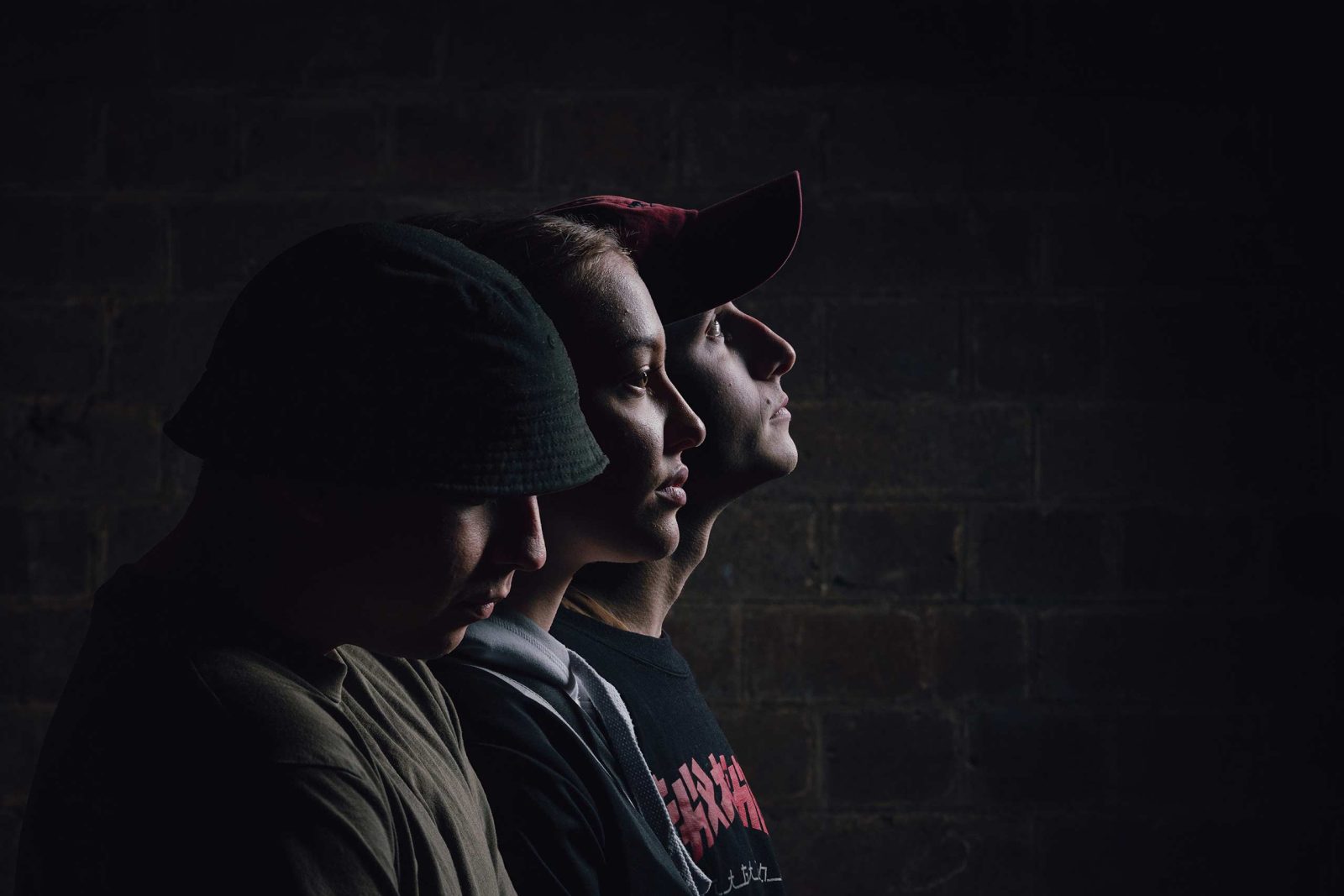
About
THE TED NOFFS FOUNDATION IS AUSTRALIA’S LARGEST PROVIDER OF DRUG TREATMENT FOR YOUNG PEOPLE.
Originally Named The Wayside Foundation, The Ted Noffs Foundation Was Established In 1970 By The Great Australian Humanitarian, Reverend Ted Noffs, And Renamed In 1992 To Honour His Life’s Work.
Ted Noffs co-founded Lifeline with Sir. Rev. Alan Walker, helped organise the Freedom Rides with Charlie Perkins and founded the Wayside Chapel with his wife Margaret Noffs in the 1960s.
Over the next 2 decades, Ted’s work grew in prominence as he drew attention to the nation’s growing drug problem whilst developing the first drug referral programs in Australia.
After Ted’s death, his son and daughter-in-law, Wesley and Amanda Noffs worked with the National Drug and Alcohol Research Centre to create the country’s first drug treatment programs for adolescents.

Ted Noffs – 1976
Since that time, Noffs services have focussed on helping young people with drug, crime and mental health issues and have achieved significant success.
The Ted Noffs Foundation offers both residential (PALM) treatment for 13–18 year olds and non-residential (Street University) treatment for young people aged between 12–25.
Noffs also operates programs for homeless young people in NSW and the ACT, a parent’s website, the Take Control campaign for Safer, Saner Drug Laws and Op Shops throughout NSW.
Today, the Ted Noffs Foundation runs services across NSW, ACT and Qld with over 150 staff and nearly 300 volunteers committed to helping disadvantaged young Australians.
History In The Making: The Noffs Podcast Covers 60+ Years Of Our History
Reverend Ted Noffs opened Wayside Chapel in 1964 at a time when Kings Cross was fast becoming a mecca for disaffected youth; the home of the red light district, illegal gambling and drug culture.
What started as a couple of rooms in an unassuming apartment block in Hughes Street, quickly became a place where people from all walks of life gathered to share their concerns, voice their opinions and find connection. Within a couple of years, The Wayside Chapel grew to include a chapel, coffee shop, crisis centre and the first office of the Foundation for Aboriginal Affairs.
The addition of a theatre drew in people from all walks of life to watch drama, music, film and public debates. By the end of the decade, Wayside Chapel had already cemented its place in the fabric of Sydney society.
